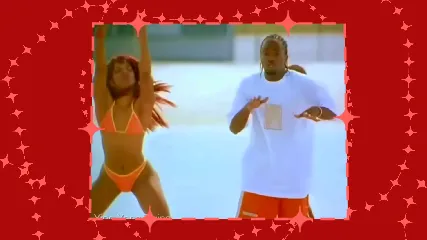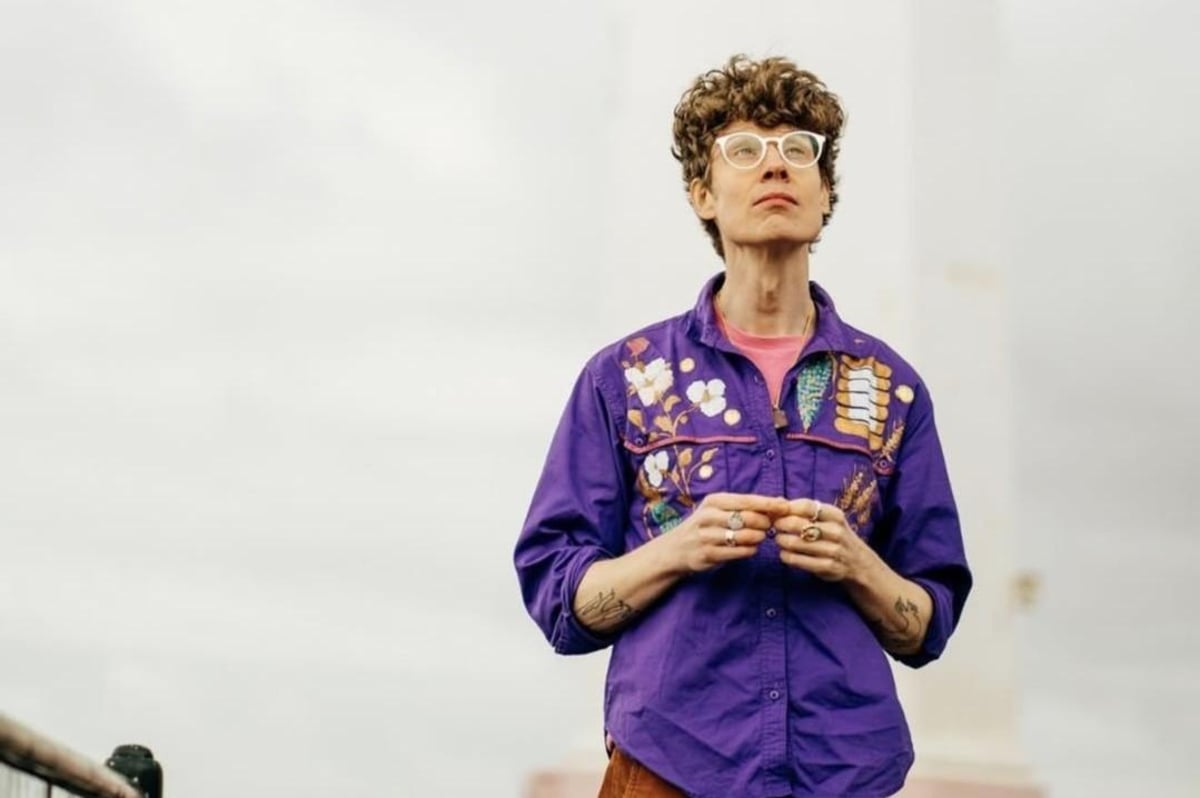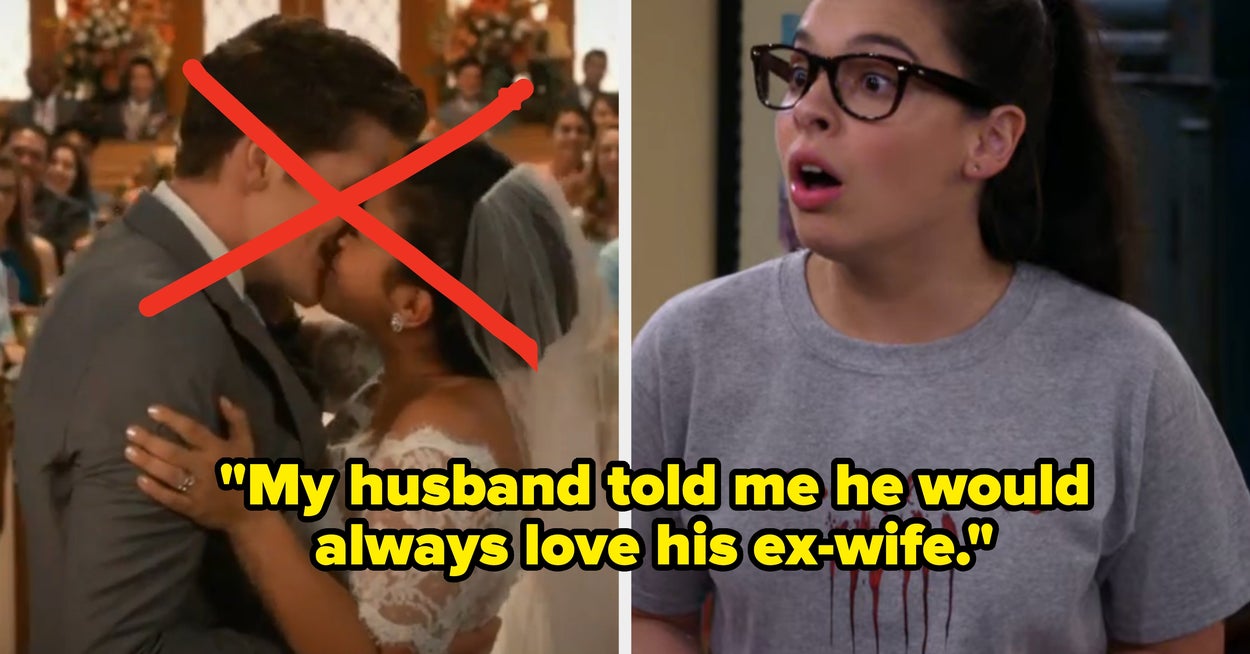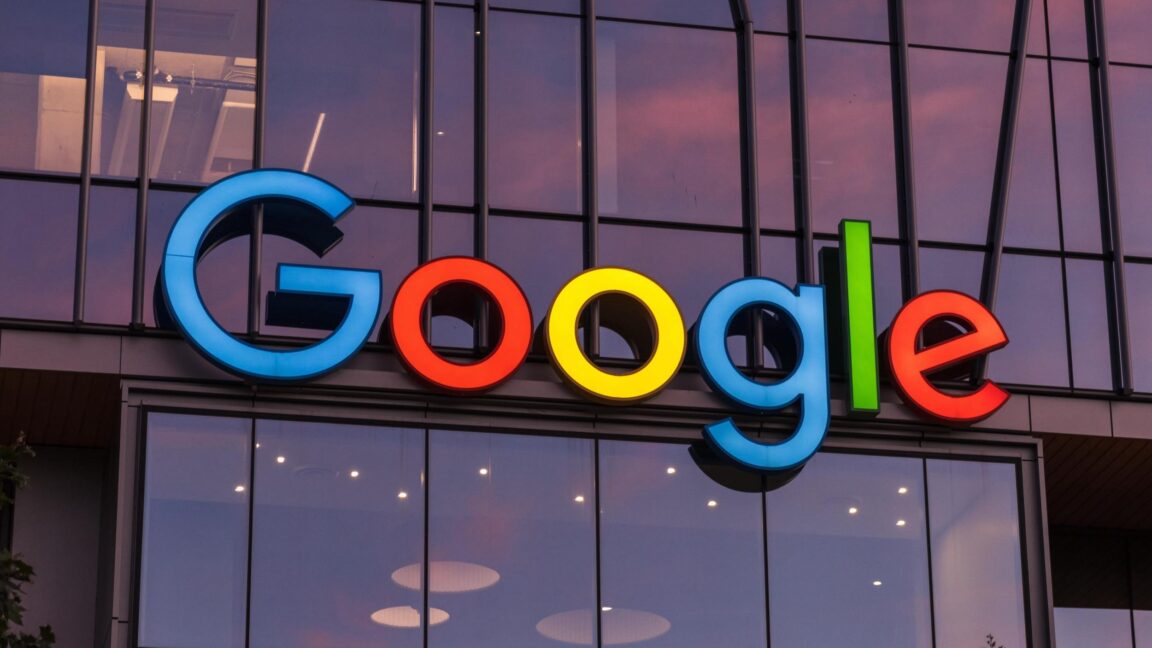An Impromptu Interview With Mr. Collipark, the Atlanta Producer Who Helped Shape Southern Party Rap

There are some producers who have been in my life forever, even if I never realized it. Mr. Collipark is one of those guys. I had never thought that deeply about his contributions to Southern rap music, though I had been arguing with friends and family about songs with his name stamped on them—as a beatmaker and label head—about as far back as I can remember.
Back in the day, I ate up the slow-mo snap bounce he cooked up for the Ying Yang Twins’ “Wait (The Whisper Song),” but I absolutely couldn’t stand his work on David Banner’s “Play,” which was basically the same thing except with gym-floor squeaks that drove me crazy. I played his horn-rich beat for Jeezy’s “Trap Star” endlessly, and I flipped the channel whenever the minimalist jig of “Ms. New Booty” popped up on BET. He was the engine behind Hurricane Chris, whom I’d call trash in the middle school lunchroom. And he’s the reason we know Soulja Boy, whom I would defend, in that very same middle school lunchroom, like it was my life’s duty. Mr. Collipark was also involved in the kind of polarizing word-of-mouth party-rap megahits that pushed me to go online and develop my own taste.
Mr. Collipark has been on my mind all summer. One day, on the benches of Marine Park in Brooklyn, I was half-watching a cricket match while bumping T.I.’s Southern fried debut, I’m Serious, in my headphones. Outside of the Neptunes-produced tracks and the autobiographical “Still Ain’t Forgave Myself,” the album had always been a blind spot for me, and, on this listen, Atlanta trap godfather DJ Toomp’s twerk beat for “Do It” really caught my attention. It sent me down a Toomp wormhole, which introduced me to the early Atlanta bass of MC Shy D, for whom Toomp would DJ and sometimes produce in the late ’80s and early ’90s. I fucked with Shy D’s ear for drums so heavy they could be thrown on a rage beat right now, so I started tracing his music through the raunchier Freaknik era of the mid-’90s, where Toomp was replaced by another Atlanta DJ and producer called DJ Smurf, the original name of Mr. Collipark.
Built on the spring break anthems of his lodestars, 2 Live Crew and Poison Clan, DJ Smurf’s collaborative and solo, dirty-ass booty music—some incredibly groovy, some overtly misogynistic—is a trip. On the mic, he may not have been slick like Raheem the Dream or as eccentric as Kilo Ali, but his ass-throwing production had a variety I dug, able to brush up against house, soul, and G-funk while remaining no-frills Atlanta bass. I combed through whatever I could find on YouTube, before realizing how incomplete the internet archives were and graduating to ordering CDs like Dead Crunk off Discogs. There’s gotta be more from less-official mixtapes that I’ll never hear.
And what’s the point of having a column on Pitchfork.com if you can’t impulsively hit up Mr. Collipark and ask him about it? It’s not everyday you get to talk to someone who was there before the widespread commercialization of Atlanta rap, and also there when it officially became the hip-hop capital of the 21st century. I rang him a few weeks ago, and he answered my video call while on his way home from the barber. We chatted, for this interview that’s been edited for length and clarity, about his more-than-three-decade mission to get the clubs poppin’.
Pitchfork: What do you think it is that keeps giving your “Whistle While You Twurk” beat new life?
Mr. Collipark: For me, everything I ever did started with the culture. And, for “Whistle While You Twurk,” we just wanted to make music for the strip clubs of Atlanta. And when you have your boots on the ground music just lasts. Look, tomorrow I’m headed to L.A. to accept an award for Sexyy Red sampling Hurricane Chris, who was signed to me. When you’re really in it, it’s all connected. That’s why people still listen to the Temptations; that’s why people still listen to Motown; it was part of the culture.
Is that why you’ve always wanted to make music for the clubs?
Nah, that just comes from me being a DJ; it’s what I know. Down in the South, that’s all we wanted to hear. This was pre-Outkast, pre–Organized Noize. In Atlanta, MC Shy D was it, and 2 Live Crew, too, so when I started DJing that was what was making people move.
When did you start DJing?
In the early ’90s when I went to Alabama A&M in Huntsville. It was my first time really being around people who weren’t from Atlanta, my whole floor was from New York, Chicago, and Detroit, so I had to force the party music on them.
Back then, how important were the colleges, especially the HBCUs, in passing music between cities?
It was important, especially the spring breaks. Whoever had the song of spring break, that became the song of the summer. I remember when “Whoomp! (There It Is)” and the 69 Boyz’s “Tootsee Roll” took over because of that. If you didn’t promote your music at spring break it wasn’t going to be a hit.
How did you go from college DJ to the DJ for MC Shy D?
I was in a DJ crew, the J-Team, that was very popular on the east side of Atlanta. Shy D wasn’t an official member, but he was always around out there, and, when DJ Toomp left him, he was looking for a new one and the crew turned him on to me. So I became his DJ and that’s how I started producing, too. The first record I ever produced was for him called “True to the Game,” on Ichiban Records.
Was there anything that you noticed that distinguished Shy D’s bass music from the scene in Miami?
Well, first we didn’t call it bass, we called it booty shake [laughs]. But Shy D was born in the Bronx, and the way he wanted the records mixed and mastered came from the way they did it in the New York boom-bap scene. The kick and snare had to hit like they did in New York, and that’s why when you listen to something like “Whistle While You Twurk” it still sounds good today, because I took that sound into all the music I made with the Ying Yang Twins.
What music did you grow up on?
That first 2 Live Crew record changed my life. “Throw the D” was my shit. Before that, only a couple records from up North made their way down here—we had the first Run-D.M.C. album and Sugarhill Gang—but it wasn’t until Krush Groove came out did I feel that everybody in the South was trying to rap. That’s when we started getting our own thing, because there wouldn’t be Freaknik without that. C’mon, man, imagine if everyone was listening to Eric B. & Rakim at Freaknik?
What’s the greatest Freaknik song ever?
Both “Whoomp! (There It Is)” and “Whoot, There It Is,” the 95 South version. The 95 South version was grimier, but, together, they both reflected two sides of the booty shake. They were so massive; I think that’s when it all started getting commercialized.
Was that a good or bad thing?
Both. It opened the door for the genre to be exploited, which was a bad thing. Once “My Boo” happened, which was one of the greatest songs of that era and was inspired by the Edward J and J-Team mixtapes, mixing R&B records with stuff like “Planet Rock,” everyone started mimicking that sound. Now, all of a sudden, we had R&B booty shake, like “Swing My Way,” and now you got “C’mon N’ Ride It (The Train),” and the sound got watered down fast. All the hardcore shit got phased out because all the softer stuff took over the radio. I think it made Atlanta have to find a more nationally appealing sound. I’m glad it happened, though, or else I would have never found the Ying Yang Twins.
I feel like the time after bass but before Trap Muzik in Atlanta is a little blurry to me. Had No Limit fully taken over the scene? Or was it more, like, So So Def and LaFace stuff?
Man! No Limit and Cash Money came in and deaded everything we had going! It’s all everyone wanted to hear. But that helped me, once I heard “Back That Azz Up” and “I Need a Hot Girl,” I was able to figure out the tempo everyone wanted to dance to now. Because I’m a DJ I want people to dance. I’m not about all that fighting and shit.
Did the hits start coming once you figured out that tempo?
Nah, man, we were fighting for our lives. We had done a deal with Universal, but then we got sued over the Snow White part of “Whistle While You Twurk” and then they dropped us. We had to start over. But we were blessed, man. We did “Say I Yi Yi,” and that went and then we teamed up with Lil Jon and did “Get Low.” When that song was coming together it sounded like a pimp-rap record at first, and then Jon added those horns and it was over; we had the clubs. It changed our lives.
What was your relationship with Jon like at the time?
We was partners. He was good at figuring out what beat complemented what artist. When I made a beat it was just me. When he made a beat, he had dudes that really played the guitar and all that shit around him, like Craig Love, so it was different. But Jon was always just a coolass dude. He was an intelligent business man. The real Jon, you see online now, doing yoga and all that shit.
Is there anything that you think is underappreciated about the Ying Yang Twins?
They really funny as fuck. I don’t think people talk about them being some of the funniest rappers ever. I remember when Kaine said the hook of “Whistle While You Twurk” to me, and, instead of saying “Let me see ya make that pussy fart,” he’d do the fart noise with his mouth. That shit used to have me in tears, and they was great songwriters because they put that into the music.
You and the Twins drop “The Whisper Song” in ’05, the same year as Thug Motivation 101, so now Atlanta trap is off and running. Could you feel a shift? Did these sounds overlap at all? What was it like?
I mean, I’m on the Jeezy album. He was from the middle of Georgia, down by Macon, and was a fan of my mixtapes from the ’90s, so they contacted me to do “Trap Star.” But it always felt like another world to me. That wasn’t really who I was. I want to have nothing but fun, but both are fabrics of Black American culture.
Was it the rise of trap music that made you look outside of Atlanta for the next generation of artists you would produce for and sign?
That all happened naturally. I remember one day I was doing an interview and somebody showed me Soulja Boy’s Myspace, and then a few months later, another guy showed me the same thing. I went on his Myspace page myself and called the number on there, and he had a manager at the time named Miami Mike and they told me to come down [to] Batesville, Mississippi. Soulja didn’t really know who I was, but Mike told him I found Hurricane Chris, and, at the time, “A Bay Bay” was, like, the hottest shit, and he trusted me a little after that. So I went by his house where he lived with his dad, and we went out to a Cracker Barrel and made a deal happen. The rest is history.
How fast did it all take off after that?
Immediately. I ain’t never seen no shit happen that fast. He already had a fanbase; they were just on the internet. It was where I learned to take my producer hat off and just provide the platform. I didn’t touch his music; I just brought him to Atlanta and told him to re-record the songs professionally with no cussin’.
His music was extremely polarizing. Did that affect you at all?
Man, everyone was saying bullshit. But even if they would talk shit about him, their kids loved him. So that kinda shut everyone up. Yeah, he wasn’t the best rapper in the world, but he was a superstar. And he was more than just a dance. My favorite was “Yahhh!” That shit was like a TV show to me. That’s when I knew he was different.
Did you go down to Louisiana to find Hurricane Chris, too?
Yep, Shreveport! I had to go see “A Bay Bay” with my own eyes, I didn’t even know it was about a DJ named Bay Bay, who is still on the air in Dallas now, one of the biggest DJs in the country. They were going crazy for him. Everything I’ve ever done musically comes from a real place. Like when I made the “Ay Chico” record with Pitbull, I had to go experience a Miami club night with him before I made it. He had this one handclap from the club he wanted me to hear, and it made the record what it was.
Pitbull is such a mystery to me.
Back then, he was the underdog. He was the hardest worker out of everybody. I remember one time I was down there doing one of those shoots when Khaled would throw all of the Miami rappers on one song and all the rappers were together and Pitbull was just over there quiet, by himself. I don’t know if everyone believed in him, but he showed them.
Has your relationship with rap changed over time? I ask since you’ve moved onto pushing the blues music of Mike Clark Jr.
Go throw on a Gunna album. Go throw on a Future album. They got nothing to do with no Collipark. There’s no connection to what I do. I’d probably work better with all the female artists now, like Sexyy, but I got a daughter now, so it makes me think differently about it.
Is that kind of contradictory to say that about Sexyy? The booty shake records from the ’90s were X-rated.
No, I mean, we was in college. We was really out here tryna do that shit; it was all we could think about. I think as long as you get older and change with that, that’s enough. But, back then, all we wanted to do was make asses shake.
What’s the connection between that and Mike Clark Jr.’s blues?
It’s a club tempo. A lot of this new rap is too slow for me. I’m a DJ. But if it can make people dance it’s for me. You ever go down South and see 3,000 Black people line dancing? It’s special.
Do you consider it trend-chasing at all, considering how the country aesthetics have taken off in popular culture?
But it’s not country, it’s blues; it’s Southern soul. I know they’re tryna put every Black artist in a cowboy hat since Beyoncé dropped, but this is real. Blues has never been cool to none of us, but it would be cool if it was. It’s for Black people. We might have started country, but it’s not ours. We don’t own hip-hop no more. Maybe this blues music could be it, and, if not, at least we could dance to it, just like we did with booty shake.
What I’m listening to:



